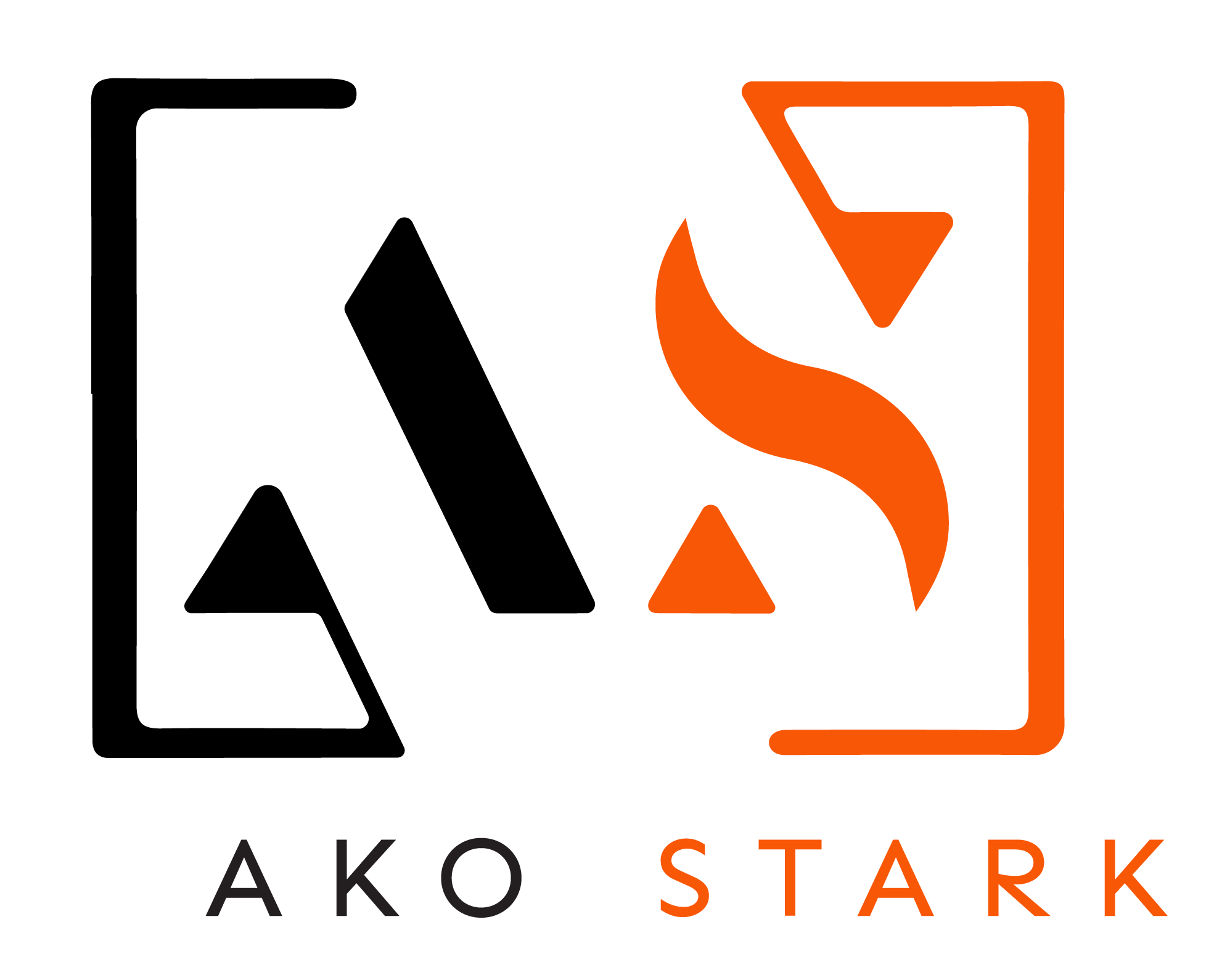If you've ever dived into the world of keyword research, you know it's like standing in front of a buffet with hundreds of options. From tools designed for beginners to those packed with advanced features, there's something for everyone. And let's be honest, while some tools are pretty basic and might leave you wanting more, others are incredibly insightful and can be game-changers for your strategy.
Let's talk about making your marketing life a whole lot easier. Imagine having tools that not only simplify your workflow but also give you the juicy data you need to pick the right keywords and actually stand a chance at ranking for them. And no, getting your hands on this shouldn't mean breaking the bank or making any dramatic sacrifices.
Having worked with a variety of clients, each with their own set of tools for keyword research and SEO content optimization, I've seen the good, the bad, and the ugly. Picking the right tool isn't just helpful; it's crucial. That's why I've sifted through over 70 tools that won't cost you a dime to help you get started. After some serious testing, I've narrowed it down to the four best free keyword research tools out there. Whether you're looking for an all-rounder or something more niche, I've got you covered.
The best free keyword research tools
- Moz Keyword Explorer: This one's the jack-of-all-trades in the SEO world. If you're looking for a tool that does a bit of everything and does it well, Moz is your go-to. It's perfect for both newbies and seasoned pros who need comprehensive insights without the price tag.
- Google Keyword Planner: Ideal for those dipping their toes into paid search campaigns. It's like having a sneak peek into Google's own data, helping you understand which keywords might be worth your advertising dollars.
- Ahrefs: Think of Ahrefs as your SEO Swiss Army knife – straightforward yet powerful. While it's known for its premium features, its free options are nothing to scoff at, especially if you're just starting out and need to get a feel for SEO basics.
- Semrush: Now, for the SEO wizards looking for a tool that speaks their advanced language, Semrush is the ticket. It's packed with features that can help you deep-dive into market analysis, competitor spying, and more.
- Keyword Generator: Got a broad topic in mind? Pop it into Keyword Generator, set your target country, and bam – up to 150 keyword ideas at your fingertips. It's a quick way to brainstorm and expand your keyword list.
- Google Trends: Want to ride the wave of trending searches? Google Trends doesn't just show you the popularity of a keyword over time; it also uncovers related searches that are gaining traction. It's invaluable for catching those rising stars in the keyword universe.
What makes the best keyword research tool?
It's not just about typing in a keyword and seeing what pops up. Sure, that's the bread and butter of it, but the real magic happens when you dive deep into the data to uncover the secrets to ranking high. I set out on a quest to find tools that aren't just one-trick ponies but versatile wizards capable of handling a variety of keyword conundrums, including some tailored for the most sought-after research needs.
Here's what I kept an eye on during my quest:
- Rich Data: The crème de la crème of keyword tools don't skimp on the essentials. They serve up everything from traffic potential and keyword difficulty to a peek into the competitive landscape. The tools I picked tick all these boxes, ensuring you're armed to the teeth with data.
- Trustworthy Data Sources: In the world of SEO, trust is everything. That's why I made sure the tools I selected are pulling their weight by sourcing data from reliable places like Google Analytics or Google Search Console.
- User-Friendly Guidance: Not everyone's an SEO guru, and that's okay. The best tools out there offer clear, actionable advice that anyone from a newbie to a seasoned marketer can follow. Think of Ahrefs, Semrush, and Moz as your SEO sherpas, guiding you through the optimization wilderness.
- Fair Free Plans: Some tools tease you with a "free plan" that's more like a fleeting glimpse. I focused on finding tools that offer genuinely useful free versions—ones that give you enough firepower without forcing you to upgrade unless you're ready.
- All-In-One Functionality: Since we're talking free tools, it's all about getting the most bang for your buck (or lack thereof). The ideal tool should be a standalone powerhouse, not leaving you hanging for additional features or data that only come with a price tag.
To separate the wheat from the chaff, I put each contender through a rigorous testing regime:
- I kicked the tires by signing up (when necessary) and diving into any tutorials offered (though many of these tools are so user-friendly, they hardly need an introduction).
- I threw a variety of keywords into the mix—everything from "free keyword research tools" to "best white sneakers"—to gauge the versatility of each tool.
- I scrutinized the type of data provided, its sources, and how it could be leveraged for a winning strategy.
- I assessed the real value of each tool's free plan, paying close attention to any limitations and what it would cost to unlock more features.
The best free keyword research tool for paid keyword
oogle Keyword Planner (Web)
Why Google Keyword Planner Rocks:
- Totally Free, No Strings Attached: You get full access without ever having to spend a dime on Google Ads. It's like an all-you-can-eat buffet that never sends you the bill.
- Forecasting Genius for Google Ads Budgeting: If you're playing in the Google Ads sandbox, this tool is your best friend for figuring out how much you should be budgeting. It's like having a crystal ball for your ad spend.
- Tailored Suggestions Right From Your Site: You can get keyword ideas that are specifically tailored to your website, making your research as personalized as it gets.
But, Keep in Mind:
- Not the Go-To for Organic SEO: If you're hunting for organic keyword insights, this might not be your first pick. It's more of a PPC hero than an SEO sidekick.
Deep Dive into Google Keyword Planner:
When it's time to get serious about PPC keyword research, Google Keyword Planner is the heavyweight champion. It's a zero-cost tool that's packed with value, whether or not you're investing in Google Ads.
You'll find two heavyweight features here: one for kicking off your keyword discovery journey and another for getting into the nitty-gritty of search volume, trends, and budget forecasting.
Starting with "Keyword ideas," it's like opening a treasure chest of suggestions based on your initial seed term. You'll see a wealth of info, from monthly search volumes to how competitive the landscape is. Plus, you can fine-tune your search with filters like brand relevance or specific website content. And for those in the Google Ads game, the "Forecast" feature is a game-changer, helping you budget smarter and plan your campaigns with precision.
Even if you're more focused on climbing the organic search ranks, Keyword Planner has a trick or two up its sleeve. It can show you potential savings on PPC if you manage to secure those top organic spots.
Pricing: Absolutely free.
The best free keyword research platform for a broad suite of SEO tools
Ahrefs Free SEO Tools (Web)
Why Ahrefs is a Game-Changer:
- Wide Range of Free SEO Tools: Whether you're a newbie or a seasoned pro, Ahrefs has a tool for every SEO need under the sun, and it's all available for free.
- Incredibly User-Friendly: Jumping into SEO can be daunting, but Ahrefs makes it as easy as pie with its straightforward interface.
- Beyond Google: Not just sticking to Google, Ahrefs lets you peek into keyword insights for YouTube, Amazon, and Bing too.
But, There's a Catch:
- You'll Want More: The free version offers a taste, but you'll find yourself craving the full suite of data that comes with a paid plan.
Inside the Ahrefs Toolbox:
Ahrefs might not hand over the keys to its entire kingdom for free, but it does offer a treasure trove of SEO tools without asking for a penny. You get access to essentials like a Free Keyword Generator, Keyword Difficulty Checker, and Keyword Rank Checker. Plus, it dives into keyword research for platforms beyond Google, like YouTube, Amazon, and Bing.
The Keyword Generator dishes out up to 150 keyword ideas—100 phrase matches and 50 questions—with vital stats like monthly search volume and difficulty for the top 10 results. The difficulty tool doesn't just throw a number at you; it also estimates how many backlinks you'll need to climb the ranks and gives you a sneak peek at the top 10 SERP contenders.
While the free tools don't dive as deep as a paid account would, they cover a broad spectrum. From keyword research and link building to site audits and monitoring your site's rank and traffic, Ahrefs' free suite is a solid starting point. And when you're ready to level up, their paid plans are waiting in the wings, ready to offer even more insights.
Pricing: Dive into Ahrefs with up to 150 keyword suggestions for free, including a glimpse at search volume and difficulty. Looking for more? Paid plans kick off at $99/month, offering 500 search credits monthly, deeper data dives, and room for up to 5 keyword lists.
The best free keyword research tool for advanced SEO
Semrush: The Ultimate Tool for SEO Pros
Why Semrush Stands Out:
- In-Depth Keyword Insights: Dive deep into keyword data with Semrush, where details like SERP features and a thorough analysis of current results are at your fingertips.
- A Toolbox Like No Other: From traffic stats to competitive gap analysis, Semrush offers a suite of tools designed to elevate your keyword research game.
- A Free Plan That Packs a Punch: Get a taste of what Semrush has to offer without spending a dime. It's pretty generous for starters.
But Keep in Mind:
- Might Overwhelm Newbies: If you're new to the keyword research rodeo, Semrush's depth and breadth might feel like a bit much at first.
- Premium Price for Premium Features: Ready to go all in? Upgrading isn't cheap, but for the value you get, it's worth considering.
Diving Deeper into Semrush:
Looking for a tool that goes beyond the basics? Semrush is your go-to for granular keyword data and a wide array of specialized tools. Whether you're after standard traffic and search volume data, content-driven research, or competitive insights, Semrush has you covered.
What sets Semrush apart is its comprehensive toolkit. You've got the Keyword Overview for a quick snapshot, the Keyword Magic Tool for exploring new keyword territories, and the Keyword Manager for keeping tabs on your choices. Not to mention, competitive Keyword Gap analysis and Organic Traffic Insights link up with your Google accounts to reveal those elusive "not provided" keywords.
And for the content creators out there, the SEO Content Template tool is a game-changer. It helps you craft content briefs and optimize your writing in real-time, ensuring your content hits the mark for readability, originality, and SEO.
Sure, taking the plunge into a paid plan is a commitment, but even at the free level, Semrush offers valuable insights to get you started.
Semrush Pricing: Kick things off with up to 10 Analytics reports per day and 10 tracked keywords on the free plan. Ready for more? Paid plans begin at $119.95/month, unlocking up to 10,000 results per report and tracking for 500 keywords monthly.
The Best Free Keyword Research Tool For Identifying Trends
Google Trends
Google Trends: Your Go-To for Spotting the Next Big Thing
Ever wish you could predict the future of search trends? Enter Google Trends. It's like having a crystal ball for SEO, showing you how the popularity of keywords changes over time. Plus, it highlights the up-and-comers in the "Related queries" section, giving you a sneak peek at what's about to blow up.
Take "ai content" as an example. A quick search on Google Trends reveals a skyrocketing interest in this topic. Dive a little deeper, and you'll discover related gems like "ai content creator," "open ai," and "chatgpt" gaining traction.
The beauty of Google Trends is its ability to uncover these trending keywords way before they hit the mainstream radar of most keyword research tools. This gives you a head start on exploring new topics and setting the pace in your niche, leaving your competitors in the dust.
Keyword Generator
Keyword Generator: Unleash a Flood of Ideas
Dive into a sea of up to 150 keyword ideas with just a few clicks using Keyword Generator. Simply type in a broad topic, pick your target country, and hit “Find keywords.” It's that easy.
Curious about the buzz around “bitcoin”? A quick search will reveal the top 100 keywords related to "bitcoin" from our massive database of over 19 billion keywords. But that's not all – you'll also uncover the 50 hottest questions people are asking about it.
To give you a head start, we've included a Keyword Difficulty (KD) score for the first 10 keywords on each list. A score nearing 100 means you've got your work cut out for you in ranking for that keyword. Let's dive deeper into what KD scores mean and how they can guide your strategy (especially when we get to point #9).
Can you use AI for keyword research?
Ever thought about asking AI chatbots like ChatGPT or Bard to handle your keyword research? It's an intriguing idea, but let's dive into whether it's actually practical.
The biggest draw of using AI for this task is its simplicity. You're looking for straightforward answers, and AI promises to deliver them in a neat, easy-to-understand package.
Take Bard, for example. It impresses by pulling together data from various sources, helping you strategize around both popular and niche keywords. (That's assuming it's giving you the straight dope.)
ChatGPT, while not linked to Google Keyword Planner, still manages to provide some useful insights, albeit not as polished as Bard's.
However, when the requests get a bit more complex, both ChatGPT and Bard start to show their limitations, either doling out generic advice or, sometimes, not responding at all.
Here's the thing: AI chatbots aren't tailor-made for keyword research. They're missing key features like the ability to create keyword lists, save analyses, track rankings, conduct competitor analysis, and optimize content in a detailed manner. At least, not for now.
So, if you're in a tight spot and need quick, basic insights on a keyword, an AI chatbot might lend a hand. But as things stand, I wouldn't lean on AI as your go-to tool for keyword research—not when there are so many specialized, free keyword research tools out there that can do the job more effectively.




